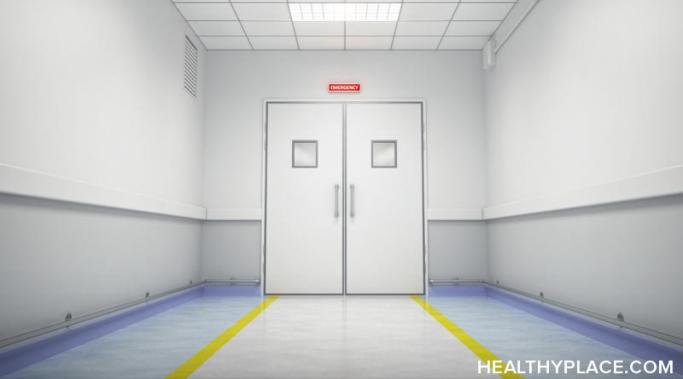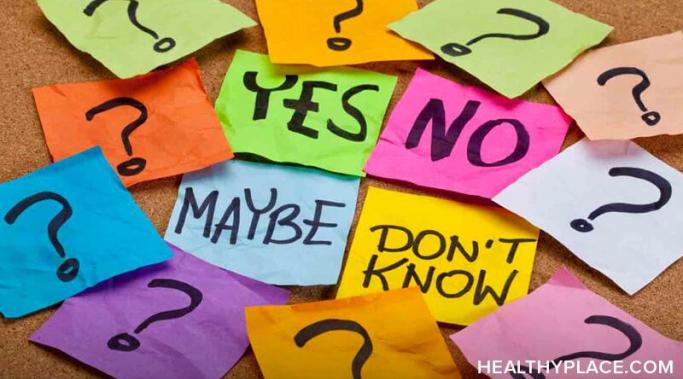Have you ever had a moment that makes you question every bit of recovery you’ve achieved to that point? I have—recently, I questioned my skin picking recovery.
Relapse - Recovering from Mental Illness
Let’s face it: setbacks aren’t fun, and they can feel especially un-fun when they’re mental health recovery setbacks. Building resilience in mental health recovery can help with that. Resilience sounds like such a big thing, but all it means is the ability to bounce back from difficulties.
No matter how much coffee I drink, I am exhausted all the time, and it's because of my mental illness. Recovery is hard, but sometimes it's not even about recovery, it's just about getting through the day, and that's where I'm at right now. I have to fight to do anything; even getting dressed in the morning is a battle. As I sit typing this, my hands feel heavy, and with every breath, I want to quit and go back to bed.
Recently, I realized the importance of both fighting and surrendering to mental illness. I was hospitalized for a horrific bipolar mixed episode I suffered through for several months. I hadn't been this sick with mental illness since my four-year-long battle with postpartum depression and have never experienced anything like it. Now that I'm out of the hospital and slowly stabilizing, I'm becoming startlingly aware of a paradox in getting through mental illness -- healing isn't possible without both fighting and surrendering.
Many people who experience periods also experience depression in the form of mood fluctuations that can range anywhere from frustrating to debilitating. If you're like me and you're in recovery from a mood disorder like depression, these monthly fluctuations can be a real source of fear and hopelessness.
Learned helplessness is a phenomenon that occurs when someone repeatedly faces negative experiences that they can't control, and eventually, they stop believing they have any agency at all. It's something that sabotages my life over and over.
In addition to recovering from mental illness, it's also important for us to learn how to prevent mental health relapse in times of stress. Lately, my mental health has been doing really well. I've put in a lot of work, and it's finally paying off, but recently, some family stress has put all of my progress to the test. I've noticed a lot of my typical mental illness symptoms struggling to reemerge, to rear their ugly heads and completely derail my life. Luckily, I've managed to keep them to a minimum and prevent a full-on mental health relapse. I thought it would be helpful to share how I'm managing to prevent relapse.
How do you determine if you're depressed or just sad? Navigating emotions while recovering from mental illness is incredibly tricky. For me, mental illness completely broke my internal emotional compass. Before I experienced depression, I could identify emotions like sadness, worry, and joy fairly easily. But after I experienced depression, it became nearly impossible to distinguish between depression and sadness or nervousness and anxiety. Even though I've been recovering for years, this is still one of my biggest struggles as a human being. Luckily, all those years in therapy have taught me a few things, and I'd like to share them with you.
As a mental health worker, I am always concerned about how first responders treat mental health concerns and crises. Two such duties are safety checks and dealing with suicide attempts. (Safety checks are when law enforcement checks on someone who has been reported in danger or will possibly harm himself or others.) Here in Toledo, suicide attempts are taken very seriously by emergency services. However, safety checks are of low priority. (Note: This post contains a trigger warning.)
I've resisted recovery for all kinds of reasons, including because I was sick of trying to be perfect. I spent most of my adolescence trying not to be like other teenagers, not to go through "phases" or be bad. I tried so hard to do things "right." When mental illness appeared in my life, I could barely do things at all, let alone do them "right," so I got angry.









